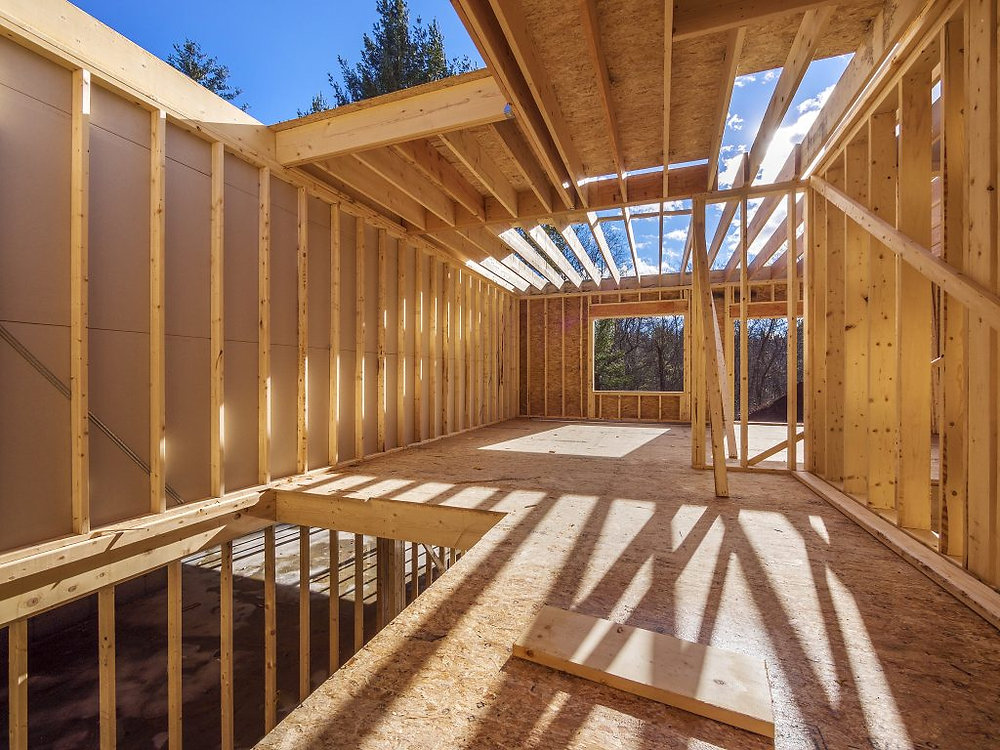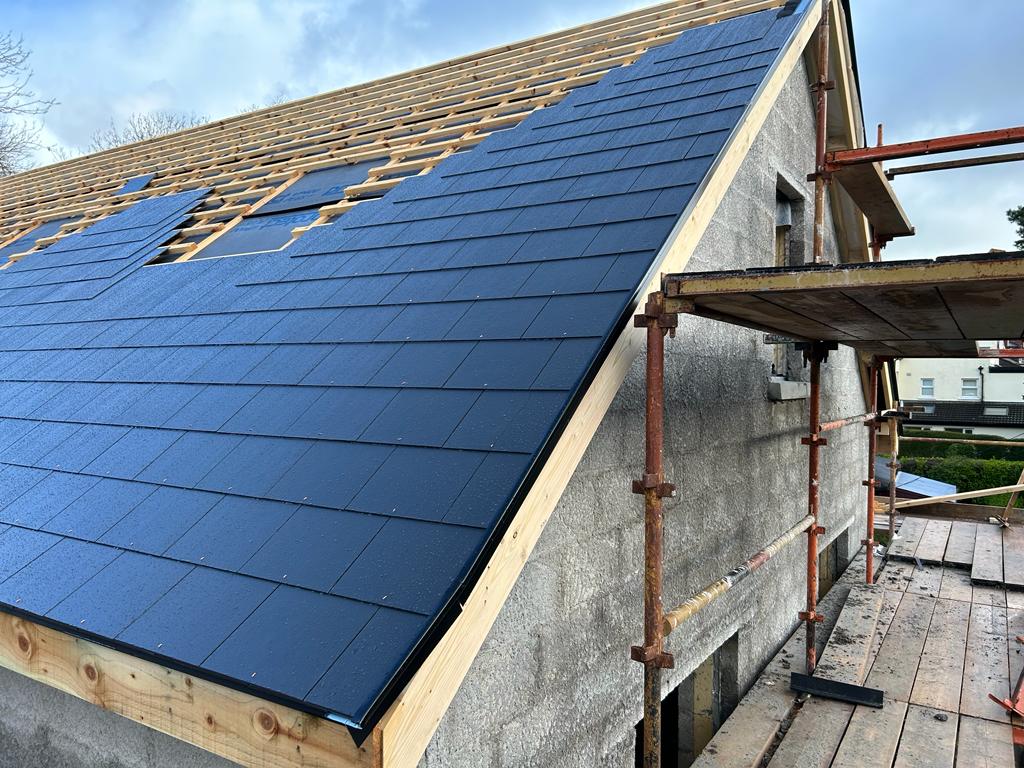

Timber-framed construction and conventional concrete block construction each have their own set of pros and cons, and the choice between the two depends on various factors, including local building practices, climate, budget, and personal preferences. Here’s a comparison of the two construction methods specifically in the context of Ireland:
Pros:
Energy Efficiency: Timber-framed buildings can be highly energy-efficient when properly insulated. In Ireland’s temperate climate, this can lead to reduced heating costs.
Speed of Construction: Timber framing is often quicker to erect compared to traditional block construction, potentially saving on labor costs.
Sustainability: Timber is a renewable resource, and using it in construction can be more environmentally friendly, assuming responsible forestry practices.
Design Flexibility: Timber framing allows for more design flexibility, making it easier to achieve open floor plans and modern architectural styles.
Cons:
Fire Safety: Timber is combustible, so it requires proper fire protection measures, such as fire-resistant cladding and insulation, which can add to construction costs.
Maintenance: Timber-framed buildings may require more maintenance over time, including periodic checks for rot and pest infestations.
Perception: Some potential buyers or renters may have concerns about the durability and longevity of timber-framed structures compared to traditional block construction.
Pros:
Durability: Concrete block construction is known for its durability and longevity, making it well-suited to Ireland’s often rainy and damp climate.
Fire Resistance: Concrete blocks are non-combustible, providing inherent fire resistance without the need for additional treatments.
Low Maintenance: Concrete block buildings typically require less maintenance and have a longer lifespan compared to timber-framed structures.
Sound Insulation: Concrete blocks can provide better sound insulation, which can be valuable in urban or noisy environments.
Cons:
Energy Efficiency: Traditional concrete block construction may require more insulation to achieve the same level of energy efficiency as timber-framed buildings, which can add to costs.
Construction Time: Block construction can take longer to complete, potentially leading to higher labor costs.
Limited Design Flexibility: Concrete block construction can be less flexible in terms of design, making it more challenging to achieve certain architectural styles or open floor plans.
Environmental Impact: The production of concrete involves a significant carbon footprint, which can be a concern for those aiming for eco-friendly construction.
Ultimately, the choice between timber-framed and concrete block construction in Ireland will depend on your specific project requirements, budget, and priorities. It’s important to work with experienced architects and builders who can help you make an informed decision based on your needs and goals. Additionally, local building codes and regulations may also influence your choice of construction method.